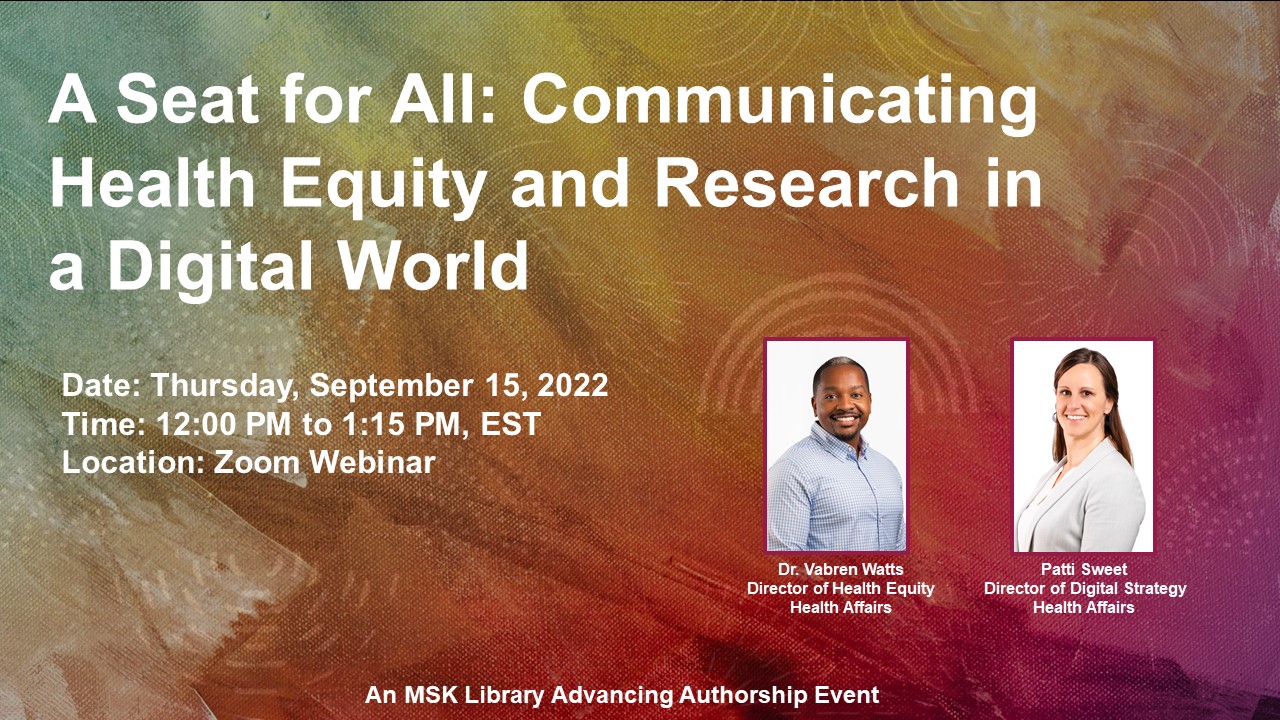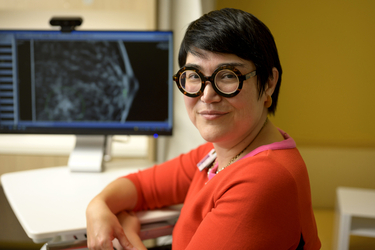Join us and learn about Health Affairs’ Health Equity initiative aimed at increasing diversity among authors, identifying new voices, and addressing biases within their publishing process. Strategies for promoting research and the impact social media plays on disseminating health equity content will also be discussed.
In addition, there will be time for attendees to pose questions and contribute to an interactive conversation.
Date: Thursday, September 15, 2022
Time: 12:00 PM to 1:15 PM, EST
Location – Zoom Webinar – Register Now
Speakers
Dr. Vabren Watts, Director of Health Equity, Health Affairs
Dr. Vabren Watts is the Director of Equity at Health Affairs. He is an expert in health equity and a science and health journalist who has authored more than 300 articles about the latest advancements in medicine for news media outlets including the Philadelphia Inquirer, Psychiatric News, and WebMD.
Before joining Health Affairs, Dr. Watts served as advocate for health equity for marginalized and minority populations, having served as a spokesperson for the American Heart Association and American Stroke Association, and the Deputy Director in the Division of Diversity and Health Equity at the American Psychiatric Association.
Dr. Watts received his Doctor of Philosophy in pharmacology from Meharry Medical College in Nashville, TN and completed his postdoctoral training in the Division of Cardiology at Johns Hopkins University School of Medicine.
Patti Sweet, Director of Digital Strategy, Health Affairs
Patti Sweet is the Direct of Digital Strategy at Health Affairs. She focuses on digital strategy and the ways in which Health Affairs can promote itself and its content in digital spaces and to diverse audiences.
She built her career working in digital marketing agencies and volunteering with service organizations and nonprofits, with half of her work based in London and the other half in the US. Patti received her bachelor’s degree in International Studies and Spanish from Michigan State University, and she holds a master’s degree from the Hult International Business School in London.

